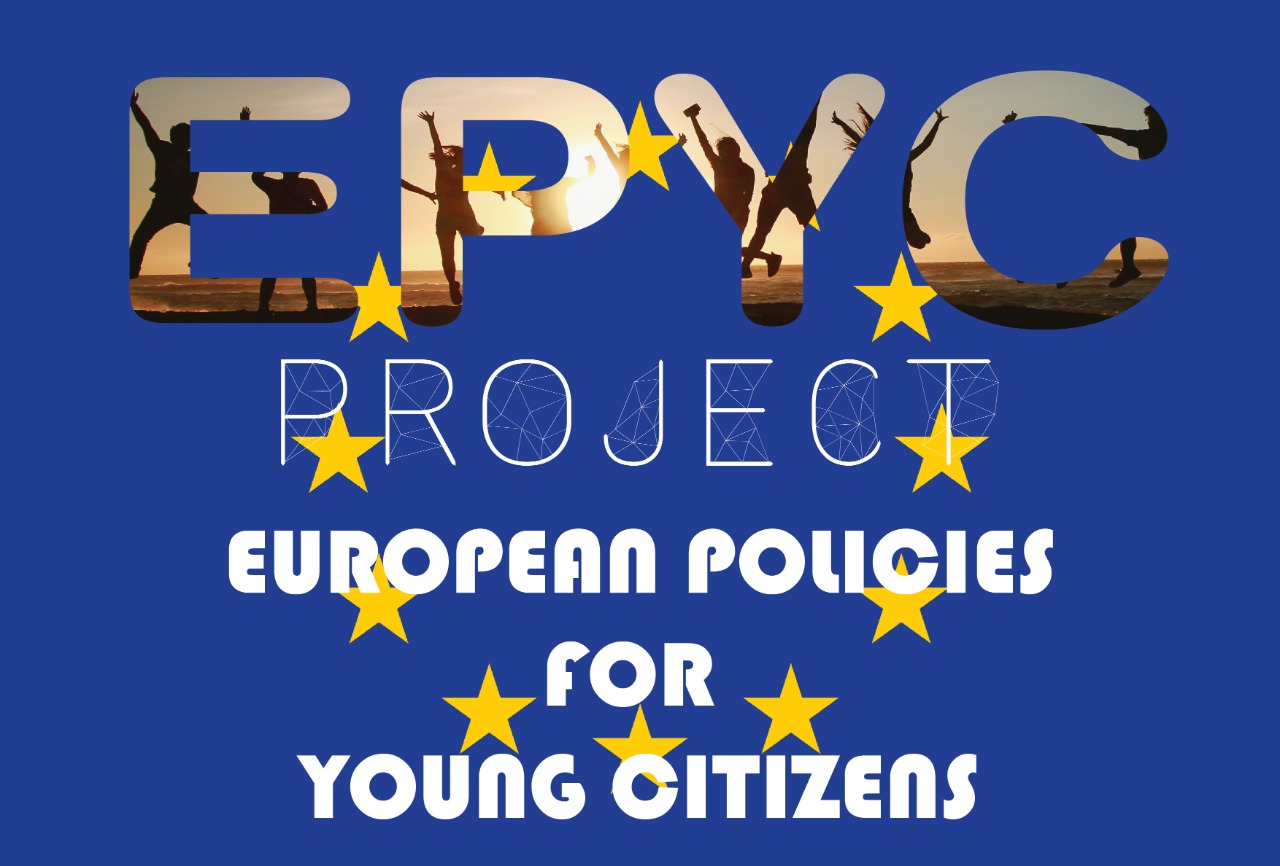Smart cities: the challenge of sustainability for the future of Europe
The start of the European Policies for Young Citizens project
April 5, 2024Inclusive Societies and Rural Development
April 5, 2024“Cities are at the forefront of the fight against the climate crisis. Whether it’s greening urban spaces, tackling air pollution, reducing energy consumption in buildings, or advancing clean mobility solutions: cities are often the hub of the changes Europe needs to succeed in our transition to climate neutrality”: with these meaningful words, Timmermans – executive vice-president, responsible for the European Green Deal – commented on the announcement of the 100 cities that will participate in the EU’s mission to create smart and climate-neutral cities by 2030. The initiative, also referred to as the “mission for cities,” provides €360 million in funding from Horizon Europe for the period 2022-2023 to launch innovation and research pathways in the areas of clean mobility, energy efficiency and green urbanism.
A climate neutrality involving all sectors: energy, buildings, waste management and transport going to make European cities smarter. This is just the most recent example of how the new green sensibility is steering the national political agendas, especially the EU, toward a transition path that is as ambitious as it is pressing. In this context, cities play a key role: they constitute great ecosystems of experimentation and innovation. Technology, energy efficiency and sustainability are the watchwords for the smart cities of the near future, where globally urban areas absorb more than 65% of the world’s energy, with more than 70% of CO2 emissions. In Europe, these data take on their full importance when one considers that 75% of the Union’s population lives in cities. But if change reaches the institutions, it must necessarily come from the citizens; and the Eurobarometer confirms this. The most recent survey gives us a very clear representation of what the priorities are for young Europeans: right after the fight against poverty and inequality, we find the environmental issue that interests 39% of young people.
With our project EPYC – European Policies for Young Citizens, together with our partners, in these months we are carrying out four research actions, one of which aims to deepening precisely the issue of sustainability and green Europe. The main goal of this initiative, funded by the Erasmus+ program, is to nurture the process of active citizenship of the younger generation, so that this can truly be the year of the young, in which to give voice to their vision of the future.
Funded by the European Union. Views and opinions expressed are however those of the author(s) only and do not necessarily reflect those of the European Union or the European Education and Culture Executive Agency (EACEA). Neither the European Union nor EACEA can be held responsible for them.
